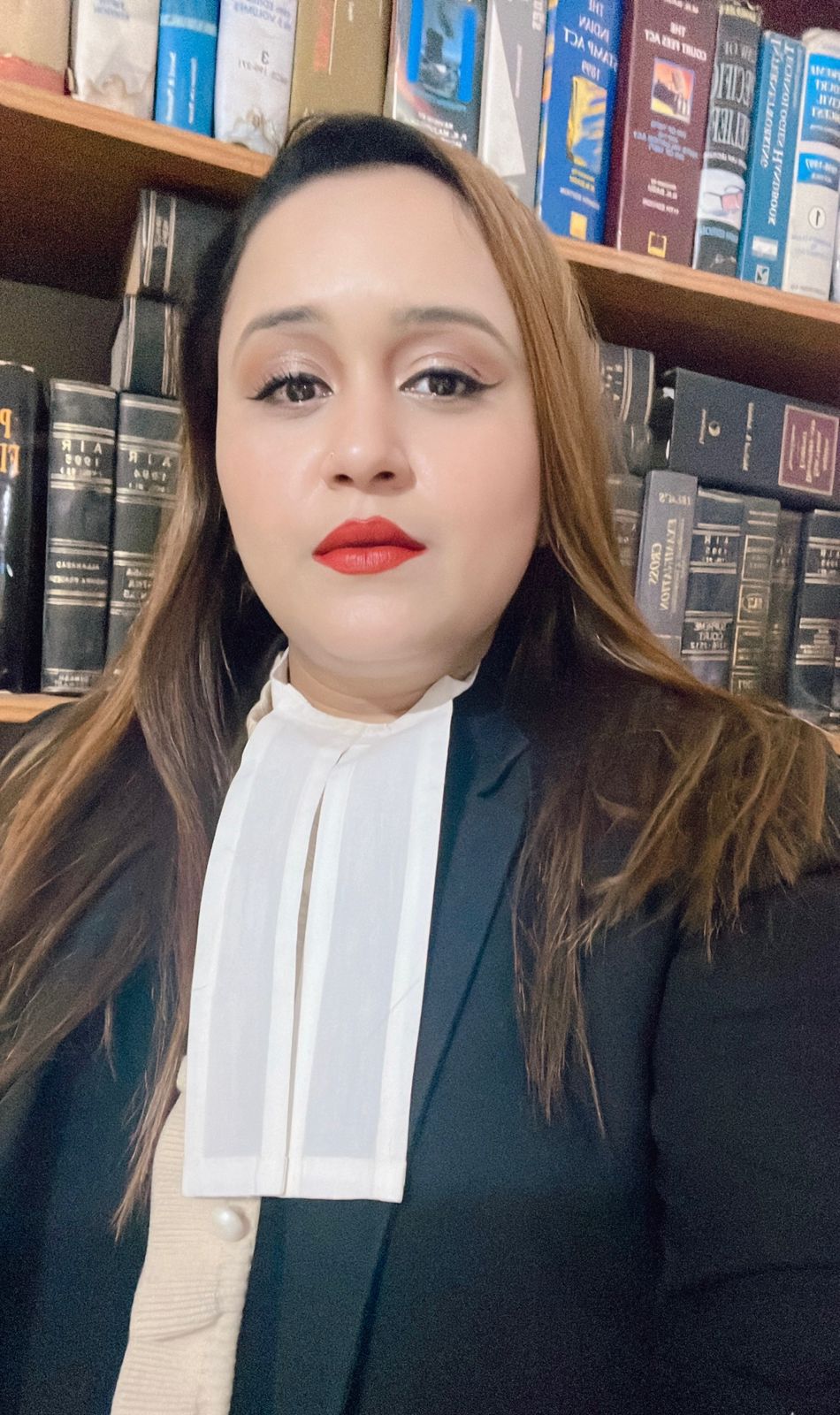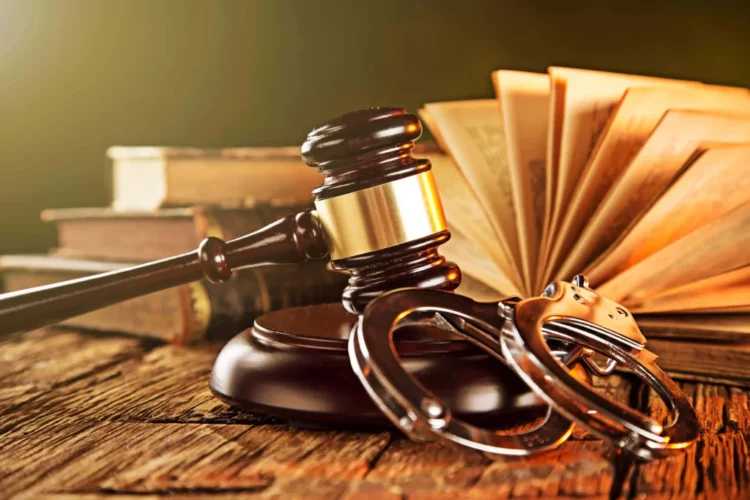When you find yourself facing criminal charges, getting a reputable criminal defense attorney on your side makes a huge difference in your case. An experienced criminal defense lawyer has the skills and expertise to thoroughly investigate the charges against you and build the strongest defense possible.
Conducting a thorough initial investigation
They will want to sit down with you to get all the details about what happened leading up to your arrest and charges. It allows them to start piecing together their theory of the defense and identifying potential weaknesses in the prosecution’s case. Defense lawyers will also gather and review all evidence, interview law enforcement, and prosecution witnesses, visit the alleged crime scene, and track down any additional witnesses that could help the defense. This rigorous initial fact-finding provides the foundation for a solid defense.
Researching the charges and possible defenses
Next, your defense lawyer will conduct extensive legal research. They will explore the exact elements the prosecution must prove for a conviction under the specific charges filed against you. It allows them to think strategically about potential defenses that could create reasonable doubt on any of those elements. For example, they research self-defense laws and defenses related to your state of mind if it is relevant. Criminal defense lawyers spend many time researching case law, statutes, and prior verdicts so they craft the most effective defense arguments.
Seeking additional discovery from prosecutors
Prosecutors are required by law to share with the defense any evidence they intend to use at trial. However, there is often additional evidence in the government’s possession that could be useful for building a defense. San Jose Criminal Defense Attorney will petition the court to compel prosecutorial disclosure of supplemental police reports, forensic tests, investigative notes, or witness statements beyond what was initially turned over. If evidence exists that is favorable to the defendant, prosecutors are obligated to share it. But criminal defense lawyers sometimes have to fight hard through written motions and court hearings to get all relevant discovery materials.
Conducting independent defense investigations
Relying solely on the prosecution’s evidence is never enough, as it will skew toward the state’s theory of guilt. A diligent defense lawyer will conduct their own detailed, independent investigation and create evidence that supports reasonable doubt. It involves re-interviewing prosecution witnesses to poke holes in their accounts or uncover credibility issues that the prosecution failed to reveal. It often includes tracking down and speaking with additional witnesses whom prosecutors neglected. Private defense investigators are hired to interview witnesses, take new measurements of a crime scene, or gather exculpatory photographic evidence the police missed. The point is to build your own body of rebuttal evidence rather than just accepting the prosecution’s version.
Undermining the prosecution’s case
need a criminal defense lawyer, having meticulously examined the charges and compiled all relevant evidence, will diligently strive to weaken the prosecution’s case. It involves using discovery materials and independent investigation results to show the jury reasonable doubt. For example, if the prosecution’s case relies heavily on shaky eyewitness testimony, the defense attorney will highlight the weaknesses and unreliability of such accounts. Or if the police failed to test certain forensic evidence that could exonerate you, the defense will emphasize this investigative shortcoming. When there are logical holes in the prosecution’s case, you bet your defense lawyer will drive trucks through them.

Ms Aditi Sharma, Advocate, Delhi High Court, Jotwani Associates, Intellectual Property Rights. This article is written by Aditi Sharma, an experienced lawyer with a proven history of working in the Legal Industry. Key areas of expertise: Legal drafting, Divorce Law, Corporate Law, Family Law, Criminal Law, Property Law, Patent Law, Civil Law, etc.

